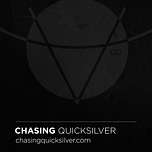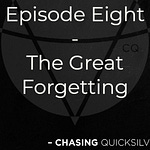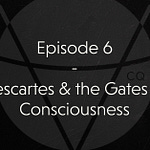Episode Disclaimer: please don’t listen to this while driving your car or using heavy equipment.
I use hypnotic language patterns for guided visualizations in this chapter. As always with any type of trance-induction, the subject, my listeners have complete choice on how to engage with the content.
Therapeutic Trance is different from guided visualization and I walk a line here. I do not ask for listeners to make significant psychic changes or to engage with intense personal memories, but in order to demonstrate techniques, you may find it interesting to see how you feel about some memories before and after specific visualizations.
Again: I recommend for full effect and for safety, please don’t listen to this while driving your car or using heavy equipment. If you have the opportunity, find a quiet space to participate in this chapter, allowing your full attention to the journey through psychic space.
EXCERPT:
We have established so far in our exploration that there is a Subtle Mind and that it is an inextricable part of our larger Self complex. We have established that there are broad structures upon this Psychic Plane, from a mazelike underworld to portals or states of being through which we can access or flow divine energy like a Hollow Bone. We have also established that ideas and thoughts, dreams and imaginations have existence upon the psychic plane. We can call them Subtle Objects or Psychic Objects.
Mnemosyne and her daughters help us to manage and organize psychic objects within the subtle mind. Remembering a first kiss is a psychic object. Remembering an ancient story or myth is an engagement with a psychic object, and figuratively speaking, with her access to the collective unconscious, she can help us remember the psychic treasures lost in the great forgetting.
Mnemosyne was invoked by Homer in the beginning of The Illiad and The Oddyssey and traditionally at the beginning of recitations of epic storytelling and the performance of epic poetry in the classical age. Indirectly, I was introduced to her by George, who convinced me that afternoon at the Arthrology that we had collectively forgotten something that needed to be remembered.













Share this post